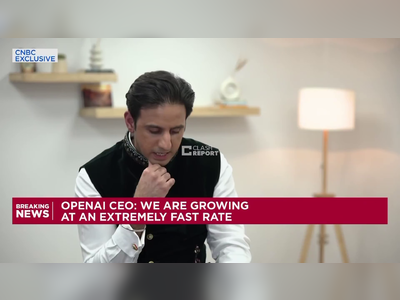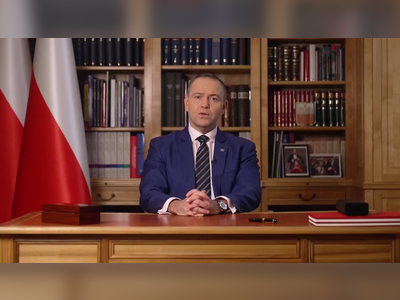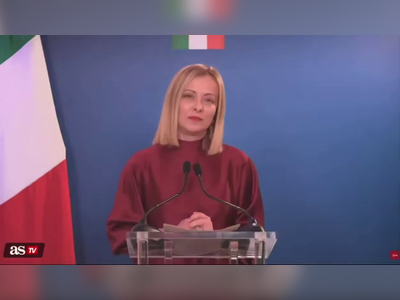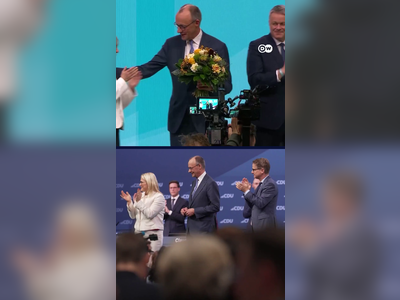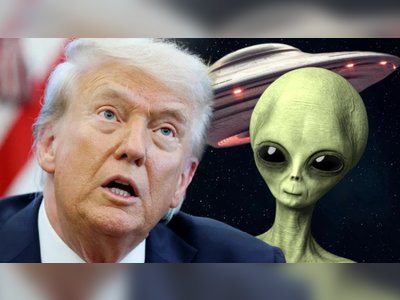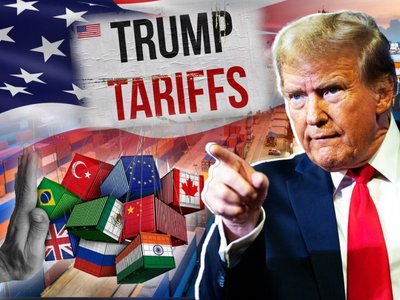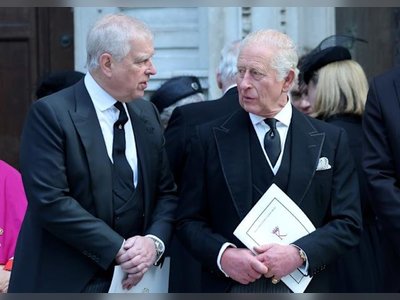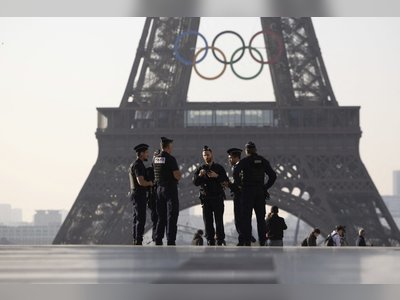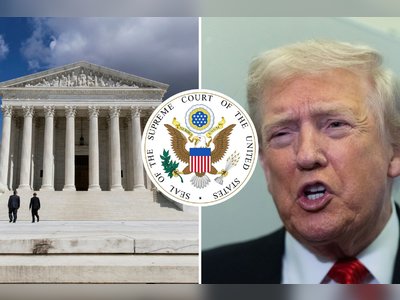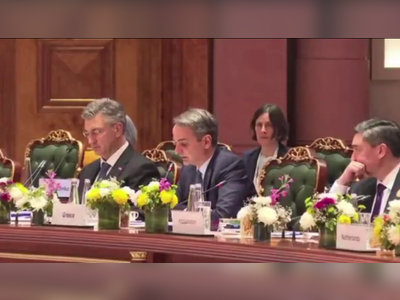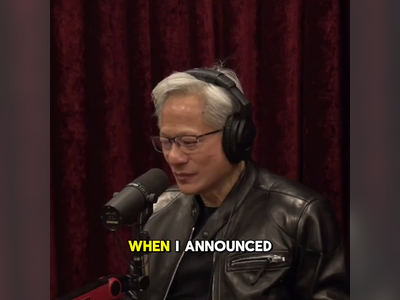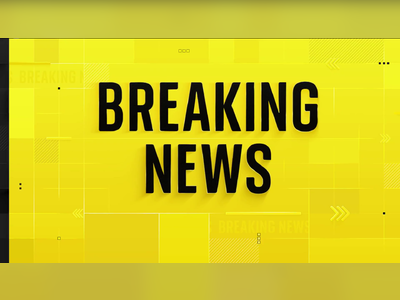Italy’s Energy Crossroads: A Strategic Hub for Europe’s Future
Italy’s critical role in securing Europe’s energy future amid shifting global dynamics.
ROME — In the intricate web of European energy security, Italy stands poised as a pivotal hub, leveraging its strategic Mediterranean locale and expanding infrastructure to safeguard the continent’s energy needs.
As the energy landscape undergoes seismic shifts due to geopolitical tensions and the urgent push for renewables, Italy is navigating these challenges with both opportunity and responsibility.
Italy’s geographical position as a bridge between Europe and North Africa offers a unique advantage in facilitating the flow of energy resources.
The recent investments in liquefied natural gas (LNG) terminals, particularly in strategic ports like Piombino and Porto Empedocle, have transformed the nation into a critical reception point for diversified energy supplies.
These developments are not merely coincidental but part of a broader strategy to reduce dependence on Russian gas, a vulnerability laid bare by recent tensions with Moscow.
The Italian government, under the stewardship of Minister Roberto Cingolani, has been active in courting new energy partnerships.
These efforts are underscored by agreements with Algeria and Egypt to secure additional gas supplies while simultaneously promoting initiatives to bolster its renewable energy output.
The push towards wind and solar projects has seen a remarkable uptick, but Italy faces the dual challenge of integrating these renewables into the national grid and securing enough storage capacity to offset intermittency issues.
Italy’s energy strategy is not solely a domestic concern.
The European Union's reliance on a cohesive energy network means that Italy’s actions have repercussions across the bloc.
The Trans Adriatic Pipeline (TAP), which connects the gas fields of Azerbaijan to Europe through Italy, exemplifies this interconnectedness.
However, Italy must balance its ambitions with environmental sustainability—a concern increasingly raised by advocates who argue for a more accelerated phase-out of fossil fuels.
In a recent symposium on energy security, Enrico Letta, former Italian Prime Minister and advocate for European integration, remarked, 'Italy’s challenge and opportunity is to lead Europe not only in diversifying energy supplies but also in championing the energy transition.' This sentiment reflects a growing acknowledgment that Italy’s energy crossroads represents a microcosm of Europe’s broader energy narrative—where economic pragmatism meets the imperative of sustainability.
As Italy refines its role on this stage, the question remains: Can it maintain its delicate balance of being a reliable energy gateway for Europe while spearheading the shift towards a cleaner, more resilient future?
The answer may well depend on Italy’s ability to harmonize its strategic ambitions with an evolving global energy paradigm.
As the energy landscape undergoes seismic shifts due to geopolitical tensions and the urgent push for renewables, Italy is navigating these challenges with both opportunity and responsibility.
Italy’s geographical position as a bridge between Europe and North Africa offers a unique advantage in facilitating the flow of energy resources.
The recent investments in liquefied natural gas (LNG) terminals, particularly in strategic ports like Piombino and Porto Empedocle, have transformed the nation into a critical reception point for diversified energy supplies.
These developments are not merely coincidental but part of a broader strategy to reduce dependence on Russian gas, a vulnerability laid bare by recent tensions with Moscow.
The Italian government, under the stewardship of Minister Roberto Cingolani, has been active in courting new energy partnerships.
These efforts are underscored by agreements with Algeria and Egypt to secure additional gas supplies while simultaneously promoting initiatives to bolster its renewable energy output.
The push towards wind and solar projects has seen a remarkable uptick, but Italy faces the dual challenge of integrating these renewables into the national grid and securing enough storage capacity to offset intermittency issues.
Italy’s energy strategy is not solely a domestic concern.
The European Union's reliance on a cohesive energy network means that Italy’s actions have repercussions across the bloc.
The Trans Adriatic Pipeline (TAP), which connects the gas fields of Azerbaijan to Europe through Italy, exemplifies this interconnectedness.
However, Italy must balance its ambitions with environmental sustainability—a concern increasingly raised by advocates who argue for a more accelerated phase-out of fossil fuels.
In a recent symposium on energy security, Enrico Letta, former Italian Prime Minister and advocate for European integration, remarked, 'Italy’s challenge and opportunity is to lead Europe not only in diversifying energy supplies but also in championing the energy transition.' This sentiment reflects a growing acknowledgment that Italy’s energy crossroads represents a microcosm of Europe’s broader energy narrative—where economic pragmatism meets the imperative of sustainability.
As Italy refines its role on this stage, the question remains: Can it maintain its delicate balance of being a reliable energy gateway for Europe while spearheading the shift towards a cleaner, more resilient future?
The answer may well depend on Italy’s ability to harmonize its strategic ambitions with an evolving global energy paradigm.
Translation:
Translated by AI
AI Disclaimer: An advanced artificial intelligence (AI) system generated the content of this page on its own. This innovative technology conducts extensive research from a variety of reliable sources, performs rigorous fact-checking and verification, cleans up and balances biased or manipulated content, and presents a minimal factual summary that is just enough yet essential for you to function as an informed and educated citizen. Please keep in mind, however, that this system is an evolving technology, and as a result, the article may contain accidental inaccuracies or errors. We urge you to help us improve our site by reporting any inaccuracies you find using the "Contact Us" link at the bottom of this page. Your helpful feedback helps us improve our system and deliver more precise content. When you find an article of interest here, please look for the full and extensive coverage of this topic in traditional news sources, as they are written by professional journalists that we try to support, not replace. We appreciate your understanding and assistance.
